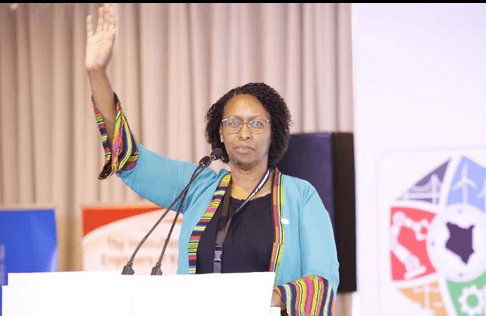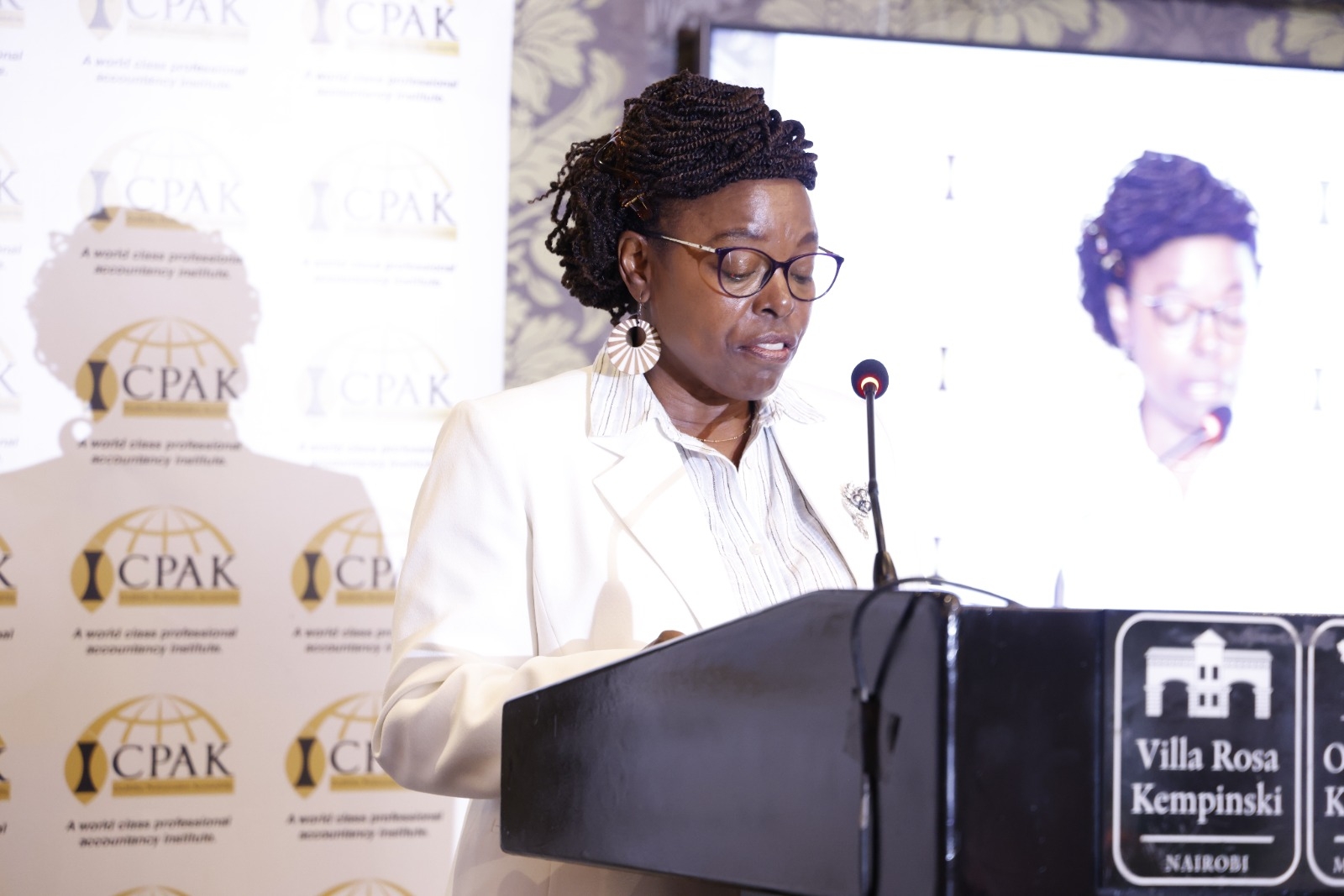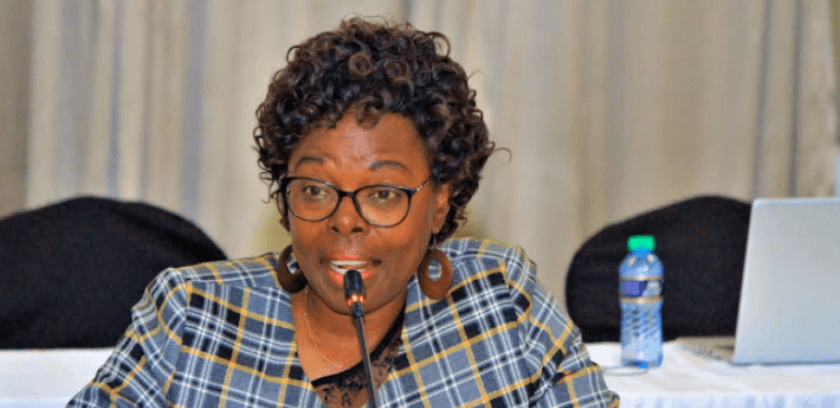The World Wide Fund has initiated talks for the adaptation of nature-based solutions to address climate change crisis in Africa.
The WWF, through the Africa Adaptation Hub, organised a workshop in Malindi that brought together experts from 12 african countries to discuss solutions for climate change that would benefit communities without affecting nature.
WWF Denmark International programmes manager Tobias Fuglsang said the aim is to explore how best to leverage NBS projects through partnerships.
“This is the first time we are gathering NBS practitioners from across Africa and the focus of the workshop is to build capacity to ensure that we are implementing high quality NBS projects,” he said during the workshop.
Fuglsang said they are building nature-based solutions practitioners communities to share their experiences.
Harisoa Rakotondrazafy, the coordinator of WWF African Adaptation Hub based in Madagascar, said one of the main policy frameworks that is in place for Africa is the National Adaptation Plan.
She said in September 2023, only 18 countries from Africa submitted their National Adaptation Plans.
Rakotondrazafy said Africa has an opportunity to ensure nature-based solutions are adapted.
Currently, 14 per cent of African Nationally Determined Contributions have put NBS as the overall strategy.
She said there is a need for funding for NBS to be increased from the current two per cent in Africa due to the challenges that the continent is facing on biodiversity.
WWF Kenya head of conservation programmes Jackson Kiplagat said nature-based solutions provide the best opportunity to respond to societal challenges emanating from climate change.
He said the globe is facing three major challenges including biodiversity loss, climate change and pollution, adding that NBS is one of the best options to respond to this crisis.
“In this country, we have lost significantly as an economy to climate change challenges whether it is floods or the drought that has persisted for the last six seasons and nature-based solutions offer some of nature's best options to respond to challenges that include water scarcity,” Kiplagat said.
He said NBS adaptation is important because livelihoods benefit from them.
Kiplagat said the Kenyan government's ambition to plant 15 billion seedlings by 2032 should include restoration of arid and semi-arid areas.
Kenya Red Cross Society head of disaster management Peter Murgor said the effects of climate change have contributed to the deterioration of the environment and contributed to disasters and food insecurity.
He said the workshop aims at conserving the environment and explore how nature-based solutions can prevent disasters.
















